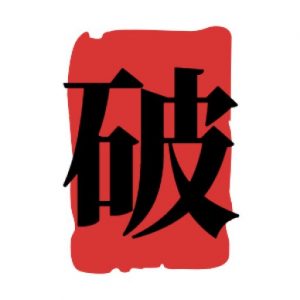将来的英文 将来的用英语怎么说
一、“rather”作副词,意为“宁愿;宁可”。当与“would / had”连用,构成固定短语“would / had rather…than”,翻译为“宁愿……而不愿……”。特别要注意这个短语的否定构成及其后接的动词形式。例如:
他宁愿要小的,不要大的。
改为:He would rather choose the smaller one than the larger one.
我宁愿坐最慢的火车,也不乘飞机去那里。
改为:I'd rather take the slowest train than go there by air.
我目前不想告诉你那个秘密。
改为:I would rather not tell you the secret right now.
我宁愿她现在就着手做这项工作。
改为:I would rather she started working on the task now.
二、“rather”作副词用时,意为“更确切地”。这种用法的“rather”常用在“or rather”这一短语中,用于纠正已说过的话或提供更准确的信息。例如:
她不仅是秘书,更是个人助理。
改为:She worked as a secretary, or rather a personal assistant.
他不得不走着—或者说跑着—去办公室。
改为:In the end, he had to walk—or rather run—to the office.
三、“rather”作副词用时,还可表示“而是,恰恰相反”,用于提出与前面相反的观点或看法。例如:
他没有成功;恰恰相反,他早就失败了。
改为:He didn't succeed; rather, he failed long ago.
四、“rather”作副词用时,还带有“相当;颇为;有点儿”的意思。例如:
你做得相当好。
改为:You've done rather well.
接下来是关于“rather”的辨析部分:
他的举止相当古怪。
改为:His behavior is rather strange.
六、关于“rather than”的用法。“rather than”不仅是一个表示程度的词组,还常用于表示选择关系,意为“而非;倒不如”。它经常出现在平行结构中,连接两个对等的成分。例如:
我愿意八月去而不是七月。
改为:I'd prefer to go in August rather than in July.

